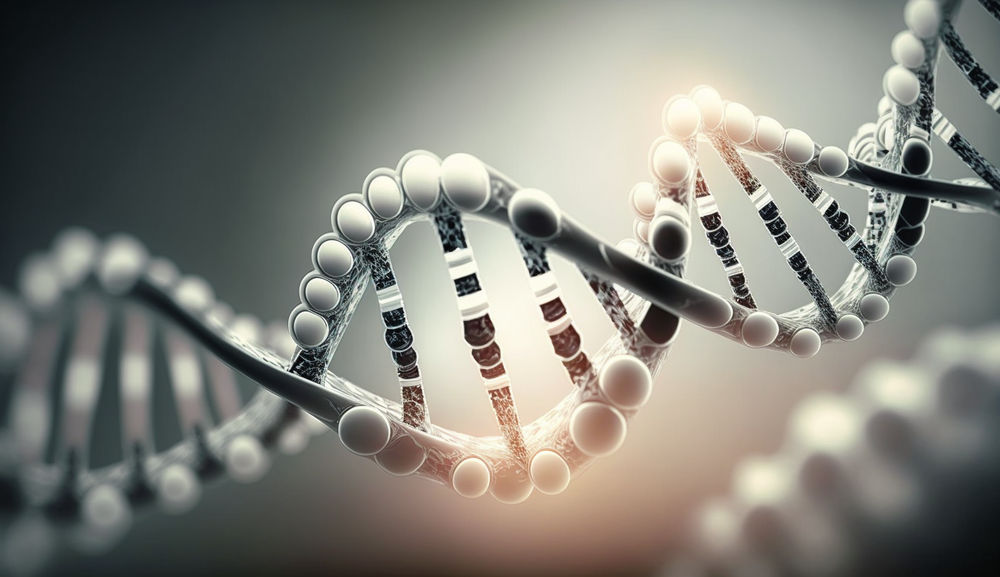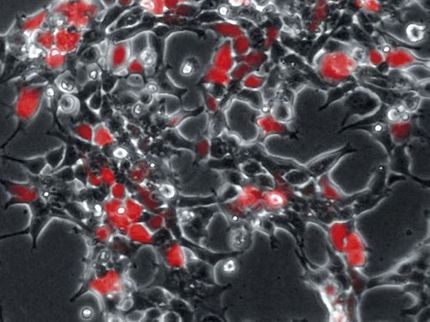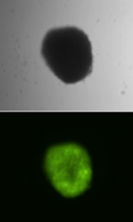Moving gene therapy forward with mobile DNA
Advertisement
VIB researchers connected to the Katholieke Universiteit Leuven (Belgium) in collaboration with colleagues at the Max Delbrück Center in Berlin (Germany) have developed a new non-viral gene technology approach. This approach overcomes side-effects associated with the current viral vectors, such as inflammation or the development of cancer. The result offers new hope for optimizing gene therapy as a possible cure for specific diseases, such as genetic disorders and cancer.
Gene therapy is the introduction of genetic material into a patient’s cells resulting in a cure or a therapeutic effect. In recent years, it has been shown that gene therapy is a promising technology to treat or even cure several fatal diseases for which there is no attractive alternative therapy. Gene therapy can be used for hereditary diseases, but also for other diseases that affect heart, brain and even for cancer. Indeed, recent results suggest that gene therapy can be beneficial for patients suffering from aggressive brain cancer that would otherwise be lethal.
Despite the overall progress, there is still a need to develop improved and safer approaches to deliver genes into cells. The success of gene therapy ultimately depends on these gene delivery vehicles or vectors. Most vectors have been derived from viruses that can be tailor-made to deliver therapeutic genes into the patients’ cells. However, some of these viral vectors can induce side-effects, including cancer and inflammation.
Marinee Chuah, Thierry VandenDriessche, Eyayu Belay and their fellow VIB researchers at K.U. Leuven in collaboration with Zsuzsanna Iszvak and Zoltan Ivics and colleagues at the Max Delbrück Center in Berlin (Germany) have now developed a new non-viral approach that overcomes some of the limitations associated with viral vectors.
Using the principles of evolution and natural selection, that were initially conceived by Charles Darwin, they have now developed an efficient and safe gene delivery approach based on non-viral genetic elements, called transposons. Transposons are mobile DNA elements that can integrate into ‘foreign’ DNA via a ‘cut-and-paste’ mechanism. In a way they are natural gene delivery vehicles. The researchers constructed the transposons in such a way that they can carry the therapeutic gene into the target cell DNA. Doing so, they obviate the need to rely on viral vectors.
‘We show for the first time that it is now possible to efficiently deliver genes into stem cells, particularly those of the immune system, using non-viral gene delivery’, says Marinee Chuah. ‘Many groups have tried this for many years but without success. We are glad that we could now overcome this hurdle’ claims Thierry VandenDriessche. Zsuzsanna Izsvak and Zoltan Ivics concur: ‘This transposon technology may greatly simplify the way gene therapy is conducted, improve its overall safety and reduce the costs’.
The VIB researchers are further testing this technology to treat specific diseases including cancer and genetic disorders, in anticipation of moving forward and treat patients suffering from these diseases.
Original publication: Mátés et al., "Molecular evolution of a novel hyperactive sleeping beauty transposase enabels robust stabel gene transfer in vertebrates"; Nature Genetics 2009.
Other news from the department research and development
Most read news
More news from our other portals
See the theme worlds for related content
Topic world Gene therapy
Genetic diseases once considered untreatable are now at the center of innovative therapeutic approaches. Research and development of gene therapies in biotech and pharma aim to directly correct or replace defective or missing genes to combat disease at the molecular level. This revolutionary approach promises not only to treat symptoms, but to eliminate the cause of the disease itself.

Topic world Gene therapy
Genetic diseases once considered untreatable are now at the center of innovative therapeutic approaches. Research and development of gene therapies in biotech and pharma aim to directly correct or replace defective or missing genes to combat disease at the molecular level. This revolutionary approach promises not only to treat symptoms, but to eliminate the cause of the disease itself.


















































